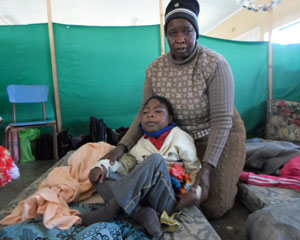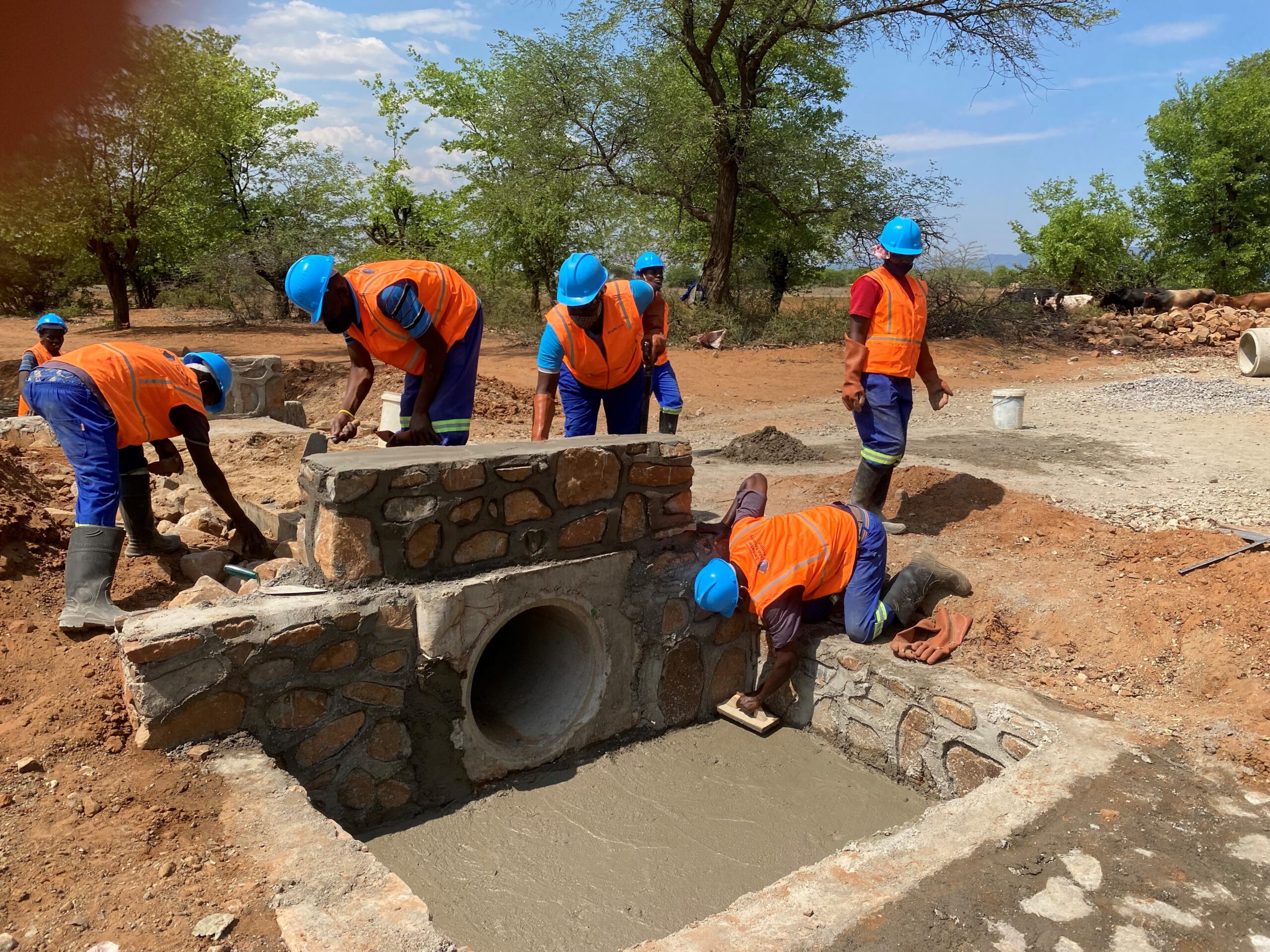
A lot of men in Zimbabwe are divorcing their wives after they give birth to children with cerebral palsy (CP), Standardcommunity heard last week.
BY MOSES CHIBAYA
Cerebral palsy is a condition caused by brain damage while the baby is still in the mother’s womb.
Medical experts say this condition cannot be cured.
In interviews during a media tour facilitated by United Nations Children’s Fund (Unicef) recently, mothers who gave birth to disabled children in Mutare, Masvingo and Bulawayo sang from the same hymn sheet, expressing maltreatment by their husbands and society at large.
Thandiwe Chirumiko (32), who stays in Chikomba in Mutare and has been looking after her daughter, Shailene, single-handedly for the past 14 years, said she separated with her husband because of her child’s condition.
“My husband failed to accept the condition of the baby, blaming it on a bad omen from my side of the family. We separated when the child was five-years-old. He has not been giving me any support,” said Chirumiko, who is a member of Zimbabwe Parents of Handicapped Children Association (ZPHCA).
Sithembile Ncube of Queen’s Park East in Bulawayo said her community was yet to appreciate the plight of children with disabilities.
- Chamisa under fire over US$120K donation
- Mavhunga puts DeMbare into Chibuku quarterfinals
- Pension funds bet on Cabora Bassa oilfields
- Councils defy govt fire tender directive
Keep Reading
“Most of our children make a lot of noise, so at times it does not go well with neighbours. Relatives or neighbours do not freely visit us at our homesteads because they despise our children,” Ncube said.
“At times, it is difficult to use public transport because of the condition of my child. People dislike children with disabilities.” Other mothers with children with such disabilities said children with cerebral palsy needed all the help they could get because most of them cannot talk, walk or go to the toilet unaided.
Another woman, Jane Deke of Mutare, whose five-year-old child also has cerebral palsy, said it was very difficult to take care of such children.
“We are at pains to raise money. We cannot even sell vegetables because we are always looking after them, but if we can have a centre for our children [to be cared for] it can help,” said Deke.
Voluntary care-givers are facing numerous challenges
The national vice-president of Monica Brewer Day Centre, an institution that offers physiotherapy check-ups in Bulawayo, Irene Mhunga, said most parents struggle to raise US$100 for their children for each routine check-up.
“We have quite a number of operational challenges. We don’t have funds to run this centre,” said Mhunga.
“At the moment, we are struggling to make ends meet. The care-givers who are here are on a voluntary basis. We don’t have anything to give them to boost their morale.”
Unicef said it has been assisting several individuals and centres with material and financial support in an effort to alleviate the lives of children living with cerebral palsy.











